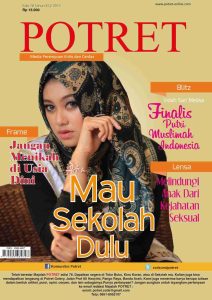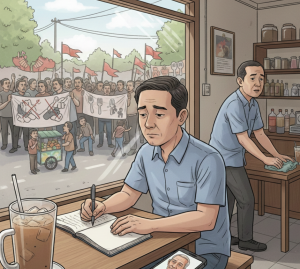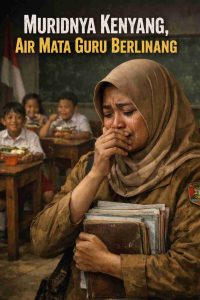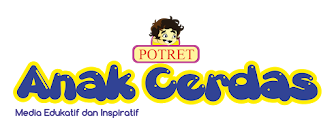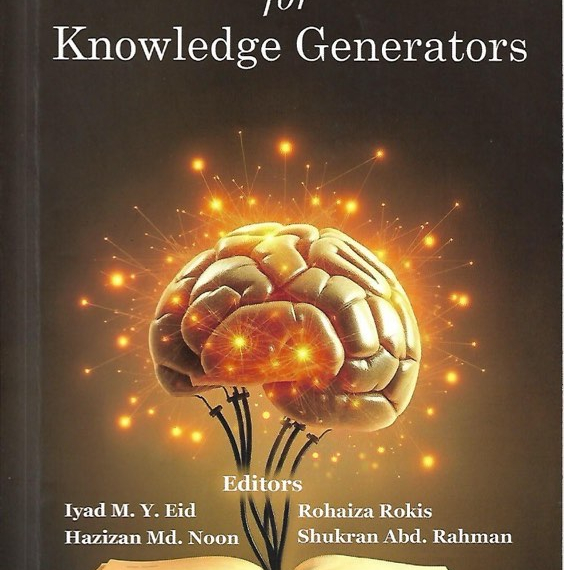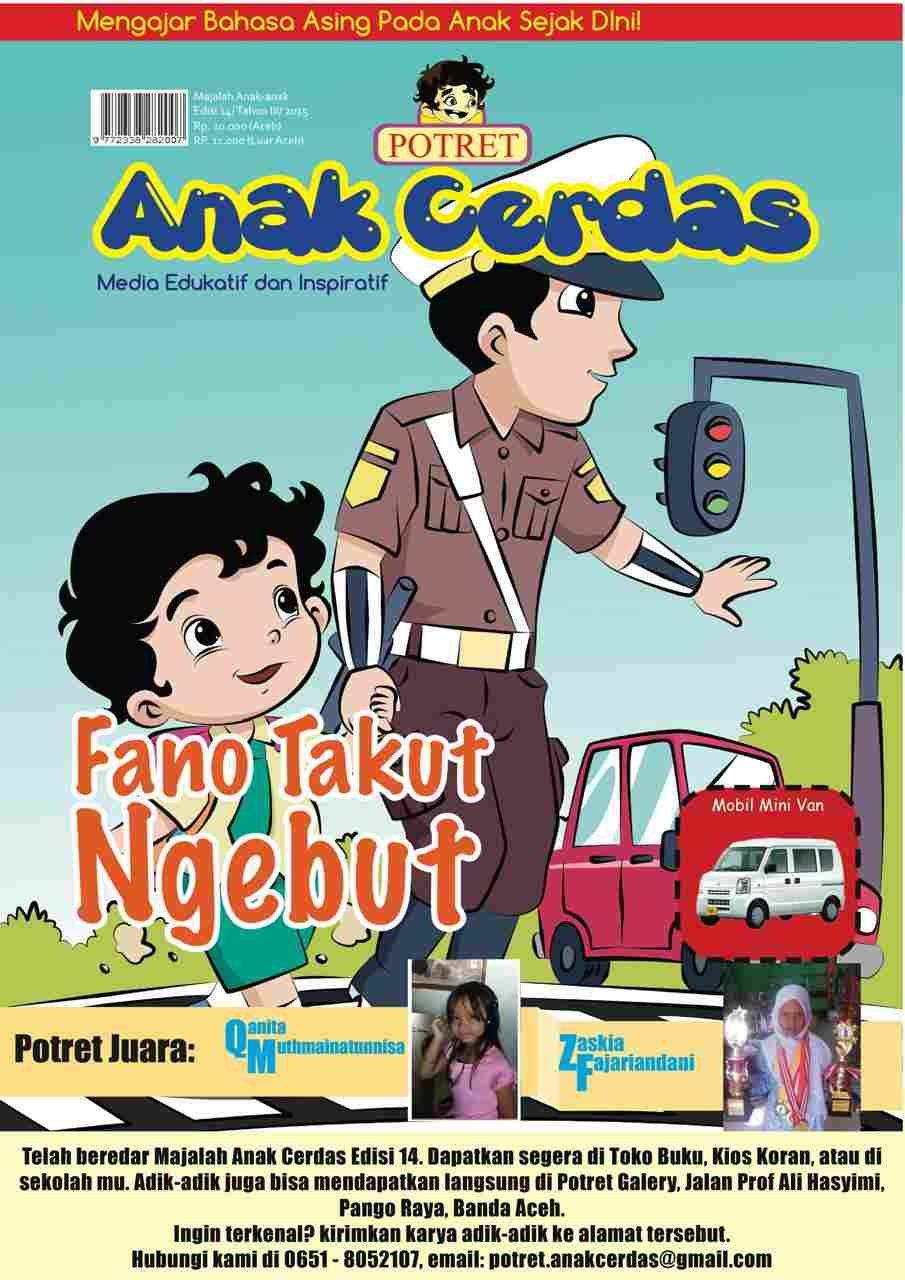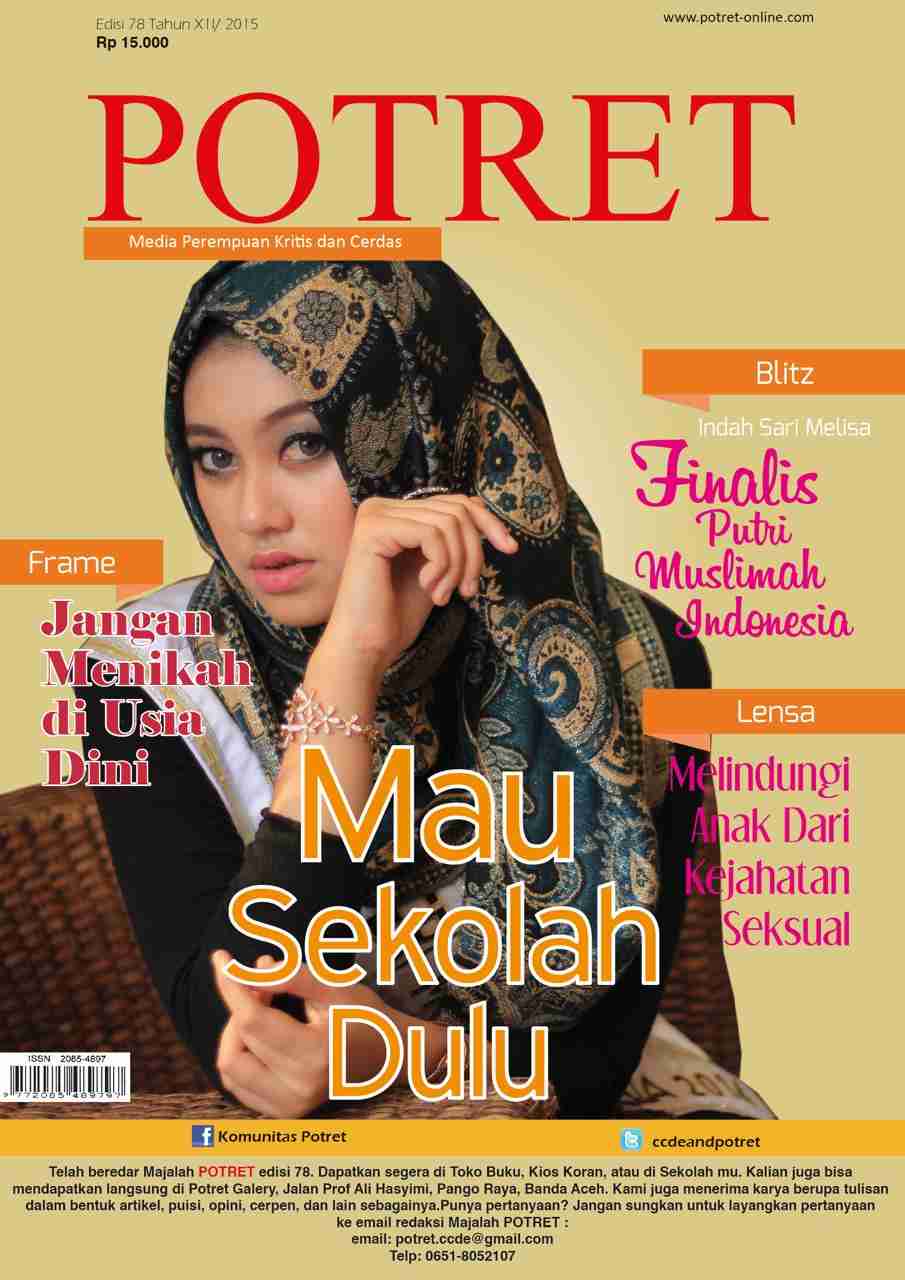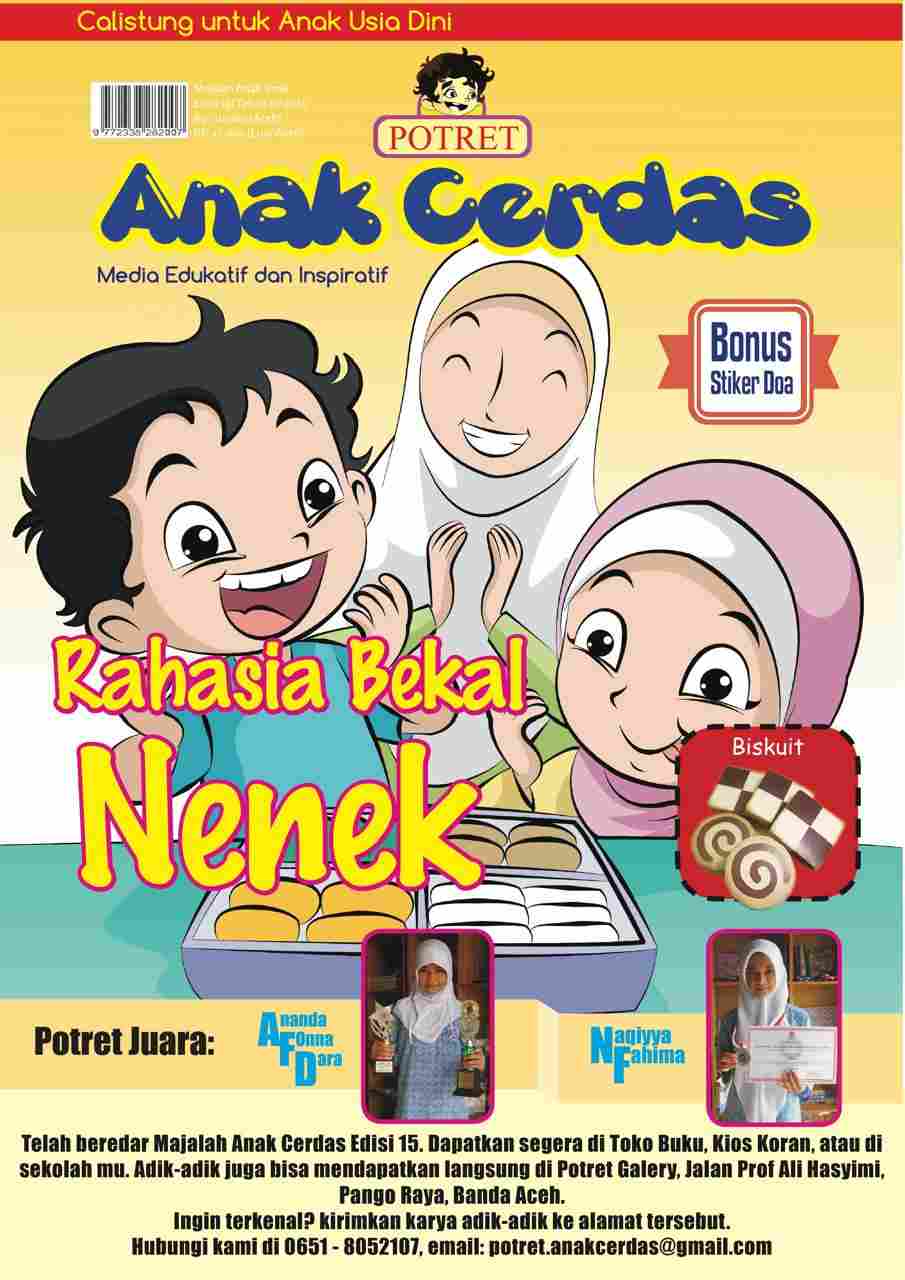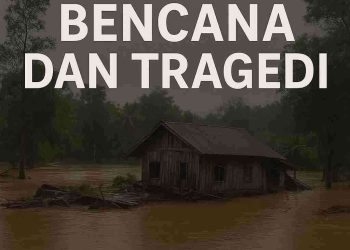Dengarkan Artikel
By: Mohd Abbas Abdul Razak
What inspired me to write this article was a recent book I came across, titled ‘The Future for Knowledge Generators’. Edited by lecturers of sociology and anthropology at the International Islamic University Malaysia, the book features a collection of short essays written by students. It serves as a compilation of students’ reflective writings. Prior to this publication, the editors had produced a similar book titled Khalduniyyat.
The Objectives of the Book
The main objective of the editors, who are lecturers themselves, is to train their students to become future writers. They genuinely believe that with a little encouragement, students can make significant progress in developing into good writers. Reflective writing is not strictly academic in style. At its core, it captures what one feels after experiencing an event or situation. Reflective writing portrays an individual’s personal experience, introspection, thoughts, and emotions. Through such writing, the author shares with readers what he or she has learned or gone through. It can also be used to express the impact of a learning program or training session. Within a reflective essay, readers can expect to find descriptive details of what happened, the emotions involved, and how the author evaluates or concludes the experience.
The good intentions of the editors and essay contributors deserve a round of applause, as the book was produced for a non-commercial purpose. It was published for the noble cause of providing clean drinking water for the people of Gaza, who have been living under miserable conditions for almost two years now. The food and other blockades imposed by the Israeli occupying forces have caused people to die from hunger and thirst. It is heartbreaking to witness that the majority of those who perish are women, children, the elderly, and the incapacitated.
Beyond that, this book project provides a platform for students to demonstrate their talent and creativity. I truly believe that the experience gained by the students who participated in this project will benefit them immensely. Such an exercise will, one day in the future, help shape them into critical thinkers.
Writing is Not an Easy Task
Among all aspects of learning a language, writing is the most difficult. This is because writing requires many auxiliary skills that must come together to produce a coherent piece of work. A writer must constantly enrich his or her vocabulary, practice writing regularly, attend talks or workshops conducted by professional writers, conduct research on the subject he or she wants to write about, read books written by others, and diligently engage in the act of note-taking, among other things.
Writing in the Modern World
In the olden days, people who wanted to learn to be writers—whether for the sheer joy of it or for commercial reasons—had to make frequent visits to public libraries, bookshops, or not be shy about borrowing books from friends and neighbours.
With the advent of the Internet, social media, and other forms of technology-mediated learning, gaining writing skills has become much easier. Amateur writers in all languages can now broaden their knowledge of literature, explore philosophy, poetry, and more by listening to reviewers on YouTube, podcasts, and other online platforms.
📚 Artikel Terkait
In addition, there are built-in systems in computers, laptops, and smartphones that can identify errors in vocabulary, sentence structure, grammar rules, etc., when one writes other than with paper and pen. The availability of such tools makes writing a lot easier than in the olden days.
Nowadays, editing a piece of written work has become a lot easier compared to long ago in the distant past. With cut and paste commands available on computers, we can easily shift and add new paragraphs. Such things were not possible before the invention of computers came into human use.
In the past, when people were typing with the aid of typewriters, all major changes to a written text required the writer to retype the whole text, and that could be a time-consuming effort.
Types of Writing
Many people write for various reasons. As such, all writings cannot be classified under a single category. Business professionals, for example, write in a more serious tone. Their messages are precise and concise, focusing on effectively conveying information to clients and counterparts around the world.
A persuasive or argumentative style of writing is used by politicians, chief editors of daily newspapers, TV or radio broadcasters, and others in similar roles. Those with a passion for drama, movie screenplays, and poetry employ creativity in their work. Such writings fall under the domain of creative writing.
A narrative style of writing is adopted by authors of novels, biographies, and personal accounts. Academic writing is primarily undertaken by individuals working in universities, research centers, and similar institutions. This type of writing often begins with crafting a research proposal, collecting data, forming hypotheses, writing a thesis or dissertation, and defending it before a viva committee or publishing the research in an academic journal.
What makes academic writing challenging is the need to reference scholarly works of professors, philosophers, historians, and others to justify theories and findings. In contrast, creative writing is more relaxed, allowing room for exaggeration. In poetry and literature, such exaggeration enhances beauty and creates a captivating effect on readers.
Students of the Modern Age
The good aspects of the Internet and social media have brought some positive changes to students nowadays. Watching YouTube programs and podcasts has drastically enhanced their communication and presentation skills. At the moment, students in the East are braver and more confident in presenting their ideas and analysis in both written and oral forms. As approved by Albert Bandura’s (1925-2021)social learning theory, imitation is a form of learning. For students in the East, watching YouTube and other online outlets on the Internet enables them to effectively make presentations in class and at public forums.
Take Home Message
The initiative taken by academics at the Department of Sociology and Anthropology at IIUM in inspiring and engaging their students in the reflective writing exercise is a novel effort in producing future writers. Such an effort should be emulated by faculty members in the Asian region. With the availability of modern technology, software, and other tools on the Internet, young people should learn to write their thoughts, perceptions, and analyses to share with the rest of the world. Having said that, I would like to call upon young people to use technology positively, avoiding plagiarism and the misuse of tools available on the Internet.
*Note from Potret Online:
The views expressed in this article are those of Dr. Mohd Abbas Abdul Razak, from the Department of Fundamental and Interdisciplinary Studies, AHAS KIRKHS, IIUM, and do not reflect the views of Potret Online.
🔥 5 Artikel Terbanyak Dibaca Minggu Ini

